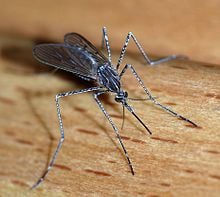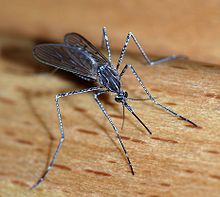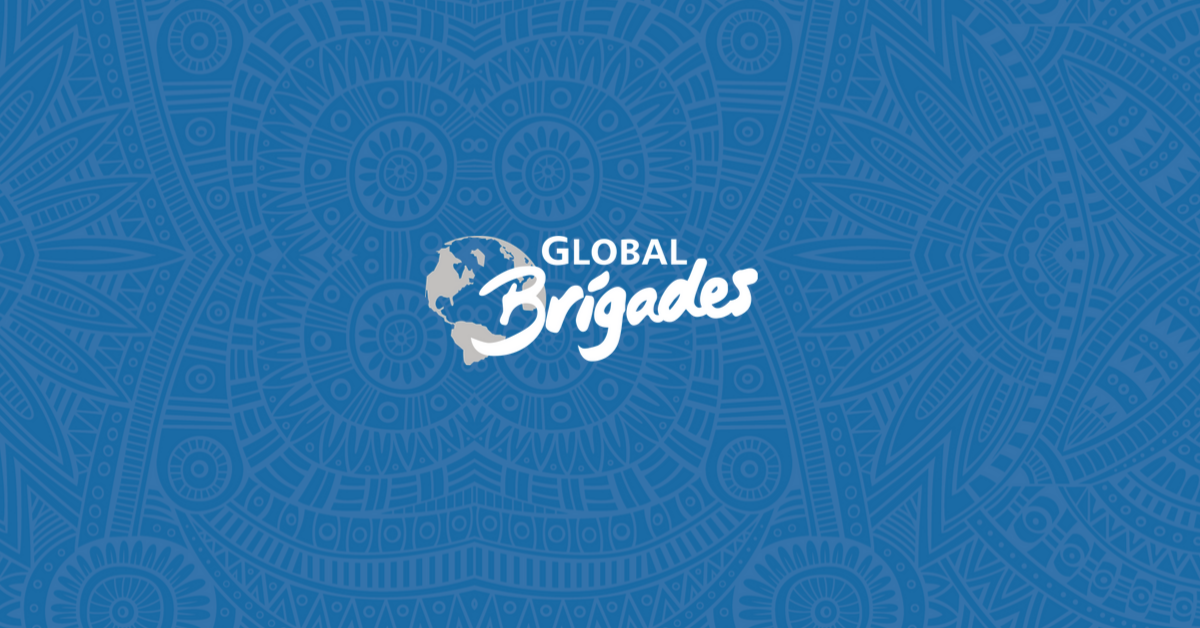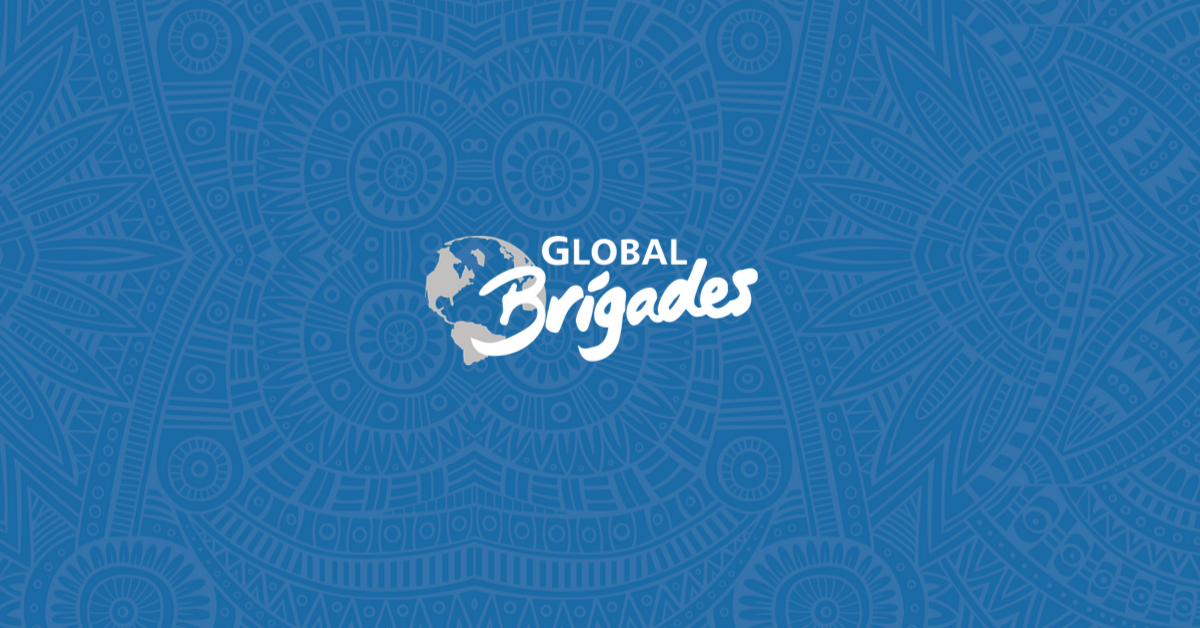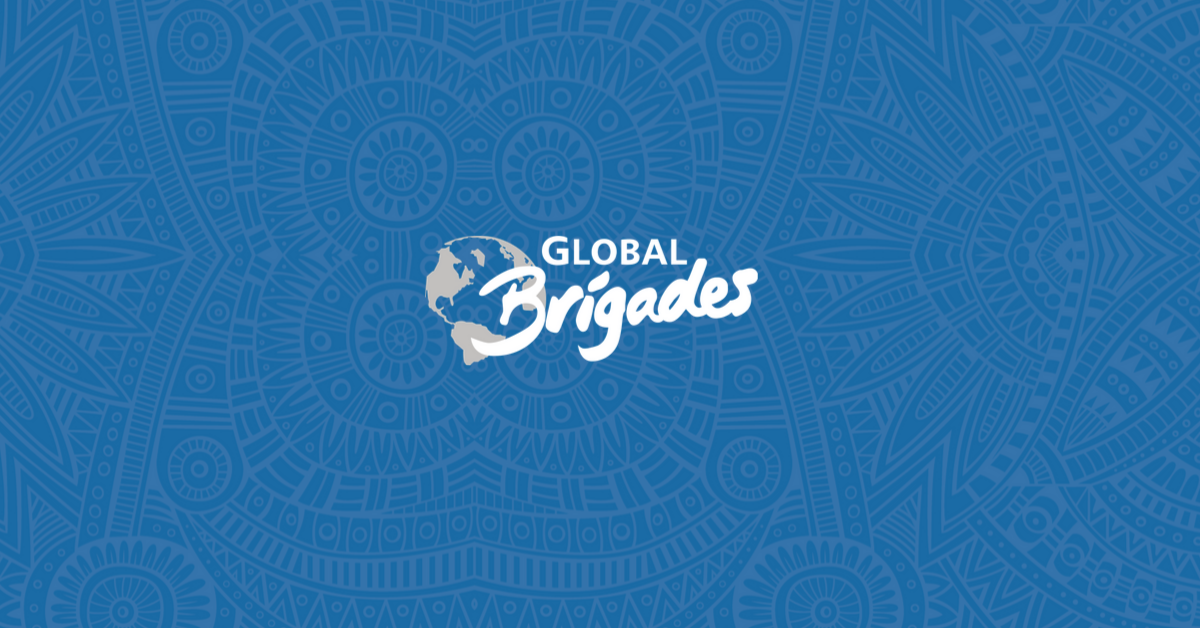The following blog post was written by guest blogger Claire Seigworth. Claire graduated with a B.A. in International Relations and a minor in Spanish Literature from Marquette University. She has traveled to many Latin American countries, studied in Santiago, Chile and worked in Panama for Global Brigades.
Malaria is a major worldwide disease that affects millions of people which countries and international organization struggle to overcome. Around 655,000 people die from malaria and 215 million people are infected each year.[1] Despite medical advances, malaria is a difficult disease to combat because it is transmitted by mosquito bites and the malaria parasite changes while in the human host. Nevertheless, a promising case study of a new malaria vaccine was recently published.
In this small study, 80 percent of the people with the vaccine PfSPZ did not contract malaria when they were exposed to it. PfSPZ differs from other malaria vaccines in that this vaccine uses the complete, yet weakened parasite to trigger t-cells to attack the parasite. Many vaccines use partial parasites to build up immunity towards the disease but have less successful outcome. However, there remain many questions about the feasibility of this vaccine. First, the study was completed in a laboratory, which is very different than the setting where it will be used.[2] Last, this study was not designed to measure the long-term effectiveness of the vaccine.[3]
Nevertheless, the success of this small clinical study has prompted optimism. Soon a larger scale study will be completed in Tanzania.[4] In the meantime, people who will be traveling to places where there is a higher incidence of malaria have options to try to prevent contracting malaria. Anti-malaria drugs are available and people can avoid contact with mosquitoes by using mosquito nets (especially between dusk and dawn), wear clothes that cover the skin, and using mosquito repellant.[5] Before traveling to place where malaria can be contracted, consult the cdc.gov or who.int and a doctor. As for people who live in malaria-endemic countries, preventative measures remain the key to avoiding malaria until successful vaccines are produced.

